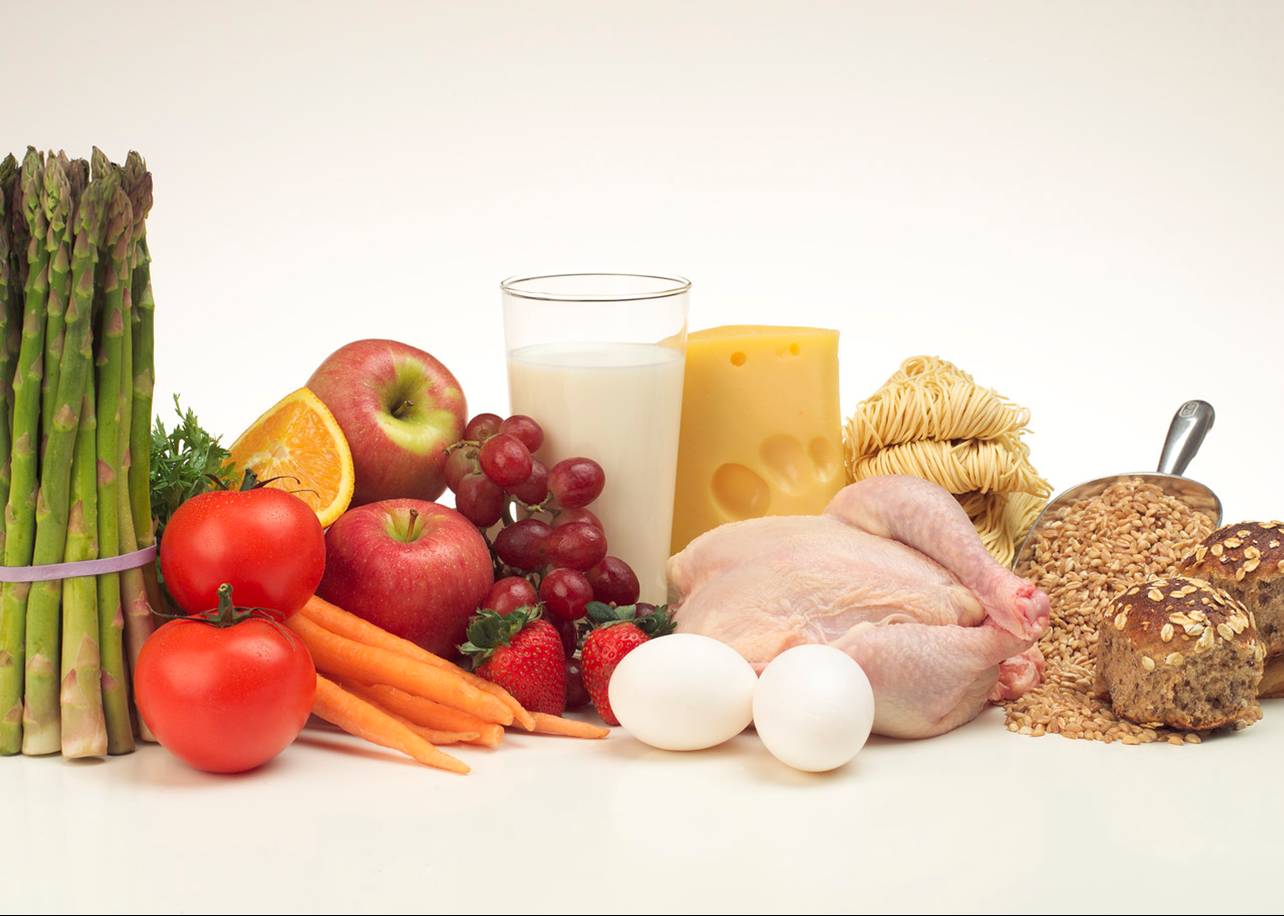Lebanon’s garbage crisis is getting worse and is starting to threaten citizens’ health and well-being. Here are 7 tips from experts at Boecker to keep you and your family safe from potential diseases caused by waste.
1. Fruits and Vegetables
– Remove the soil from the surface where most bacteria are found especially in leafy vegetables
– Wash and rub fruits and vegetables under running potable water
– Washing should be followed by disinfection using a food grade product to kill bacteria and pathogens. Using a food grade disinfectant means you will not need to rinse it
– Peeling and cooking fruits and vegetables can also remove bacteria
2. Chemical contamination
A healthy person who eats a varied and balanced diet should have the key nutrients needed to help defend his system against heavy metals present in some food. This will help the body limit the absorption and retention of heavy metals.
Foods high in dietary fiber may help to reduce the absorption and accumulation of metals.
Dark leafy vegetables and plant-based foods are reported to be a major source of heavy metals, but their health benefits outweigh any consequences. So do not stop consuming them and make sure your disinfect them to eliminate germs
3. Dairy Products
Pasteurized/sterilized dairy products are safe to consume since heat treatment minimizes the number of harmful bacteria to a safe level
Check the label to know if a dairy product has been pasteurized or sterilized
4. Fish
– High contamination levels are often found in older fish, so knowing if your fish is young is crucial
– Consume relatively small fish that have fairly short lives, and limit your consumption to two seafood meals per week
Higher levels of mercury can be accumulated in predatory fish such as shark and swordfish – so we’re safe from these
5. Meat and Poultry
All meat, poultry and egg dishes should be thoroughly cooked above 75◦C to minimize the number of pathogens to a safe level.
Think of buying a food thermometer in order to know if the food reached that temperature
6. Water
Make sure to consume bottled water
Avoid the use of ice if you are not sure of its source – some might have used tap water for the ice. Watch out.
7. Eating out
Choose to eat out at a reputable and food certified restaurant. These establishments follow international standards like the Q-Platinum Award™ that includes the training of food handlers on high level of personal hygiene in addition to using raw materials from reputable local and international suppliers.














